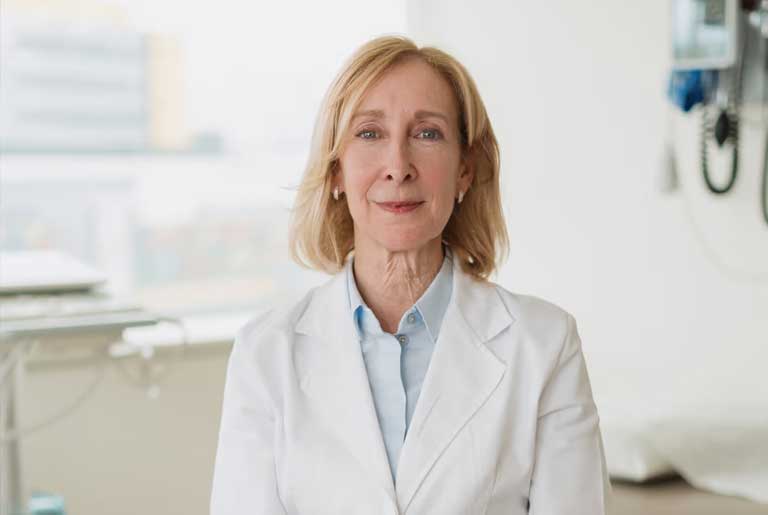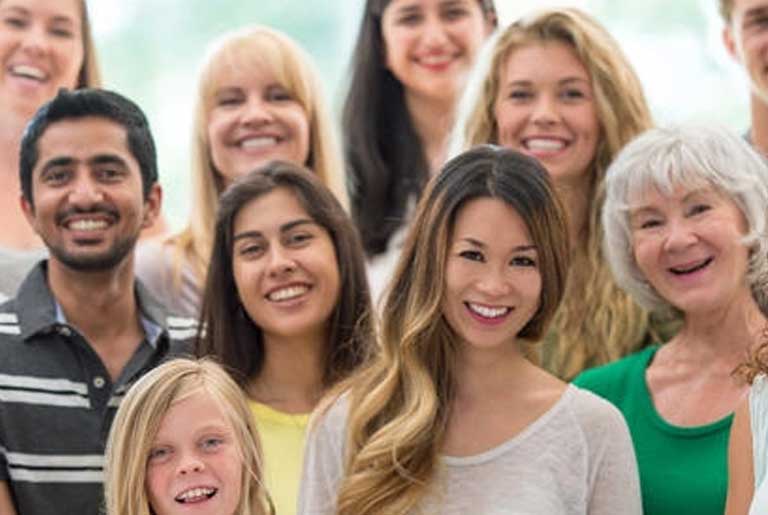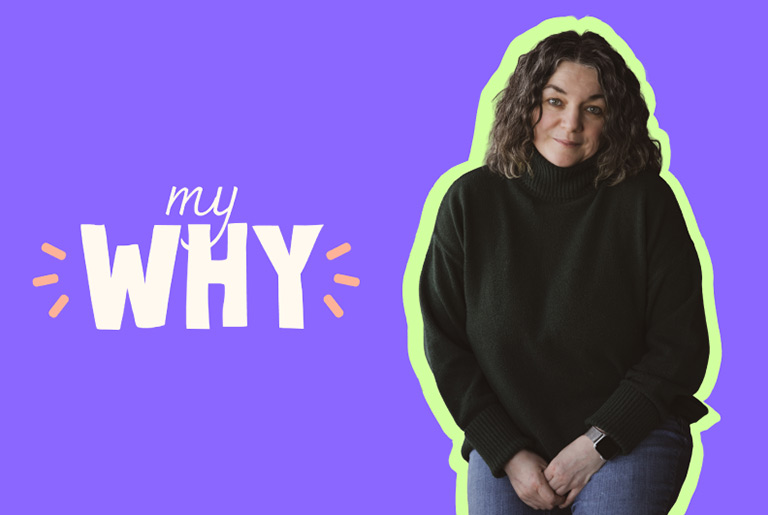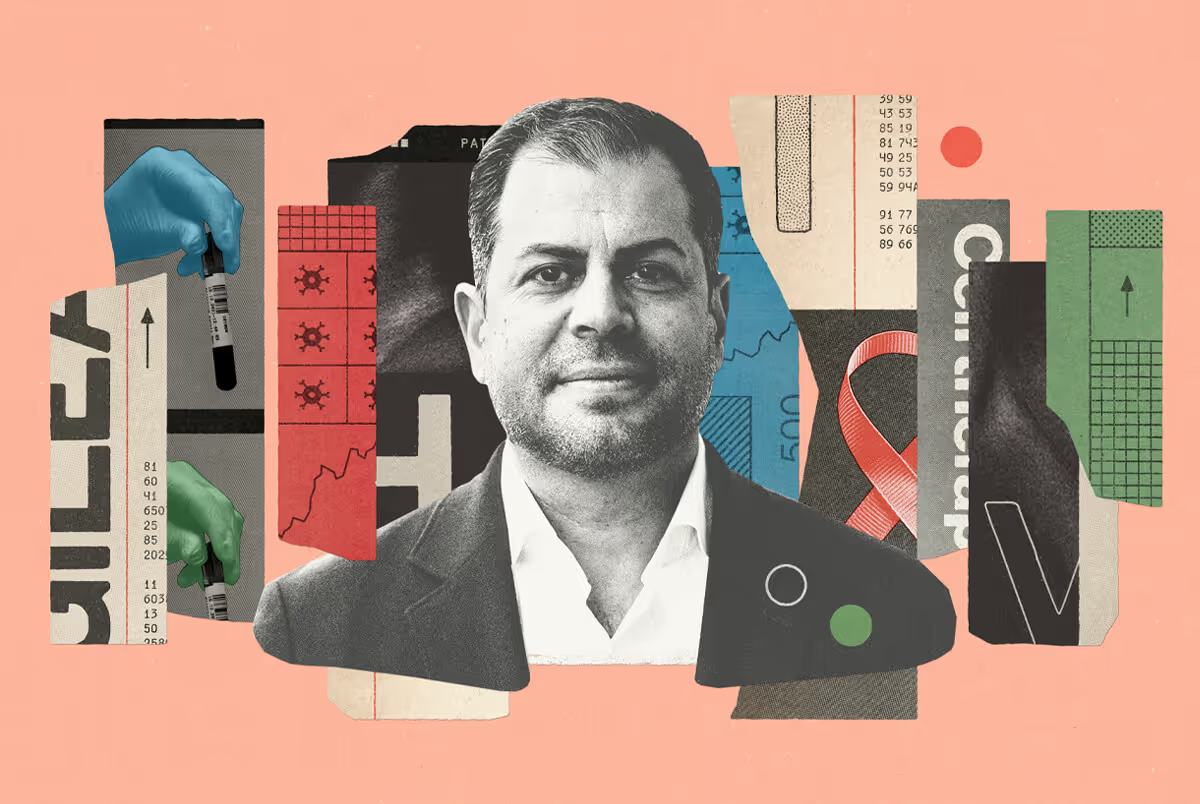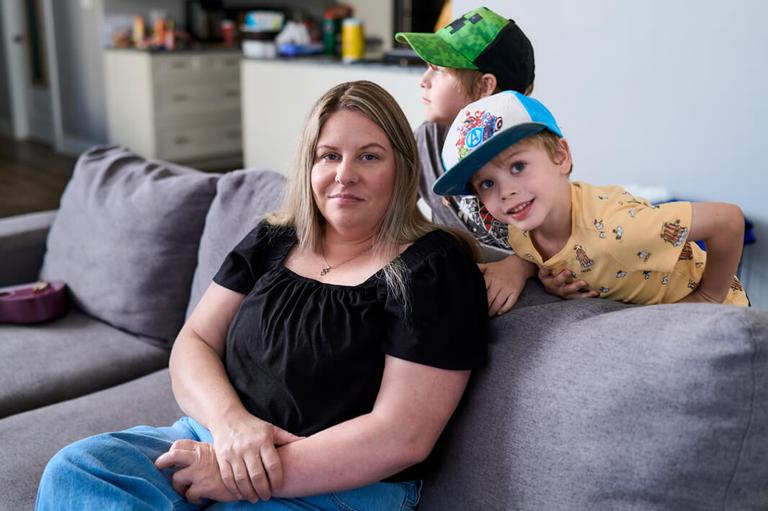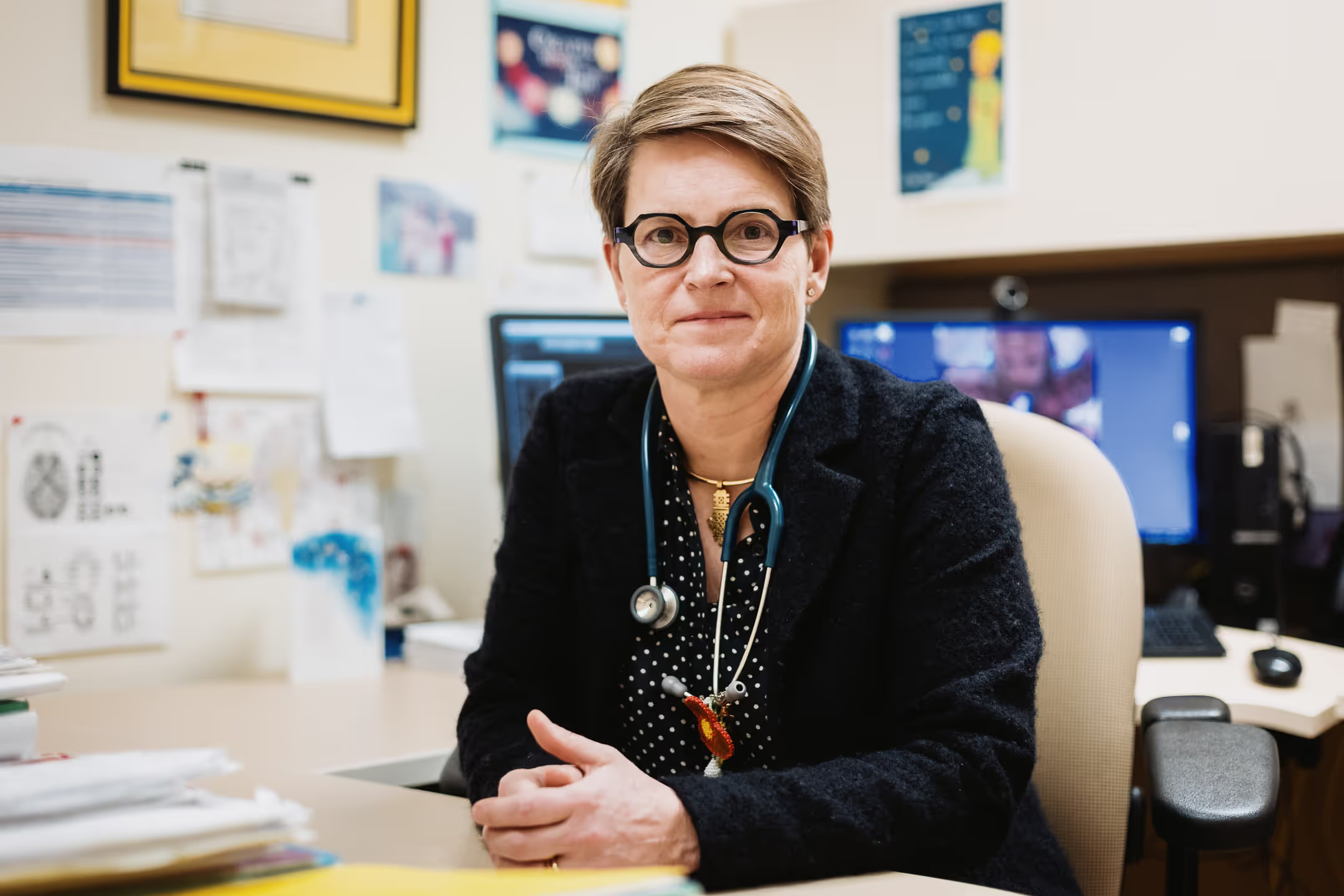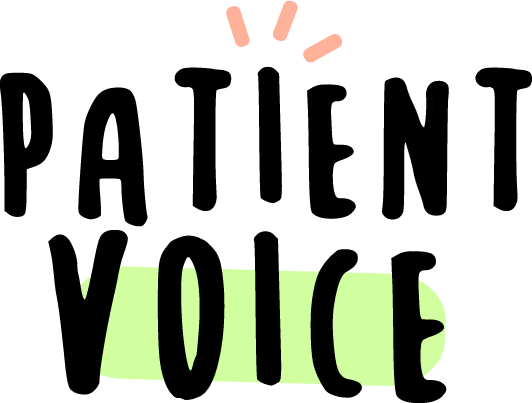“In 2016, I was diagnosed with stage 4 salivary duct carcinoma. This is an ultra-rare cancer with no standard of care, and I was given a very low chance of surviving five years. I was 47 years old and a single father with two young children, and I was very fearful of what my illness would mean for their future. I was also worried about my parents, who had already buried one child. And because I saw their devastation firsthand, I was paralyzed by the thought of doing that to them again.
I found myself turning inward, unwilling to talk about my health emergency with friends or family for fear of hurting them. I felt like a failure. The weight of my diagnosis was suffocating. It seemed there was very little hope for me because the dire statistics seemed inescapable, and I resigned myself to a probable early death.
“I found myself turning inward, unwilling to talk about my health emergency with friends or family for fear of hurting them. I felt like a failure.”
I needed to do anything to try to extend my life beyond the certainty of the statistics. So my partner Cynthia and I undertook a research project and realized very quickly that any solution to extend my life would be found in the genetic mutations of my cancer. I asked my oncologist at the Princess Margaret to order comprehensive genomic profiling. The profiling revealed a prevalent mutation found in prostate cancer and in 2017, I was started on a common prostate cancer treatment.
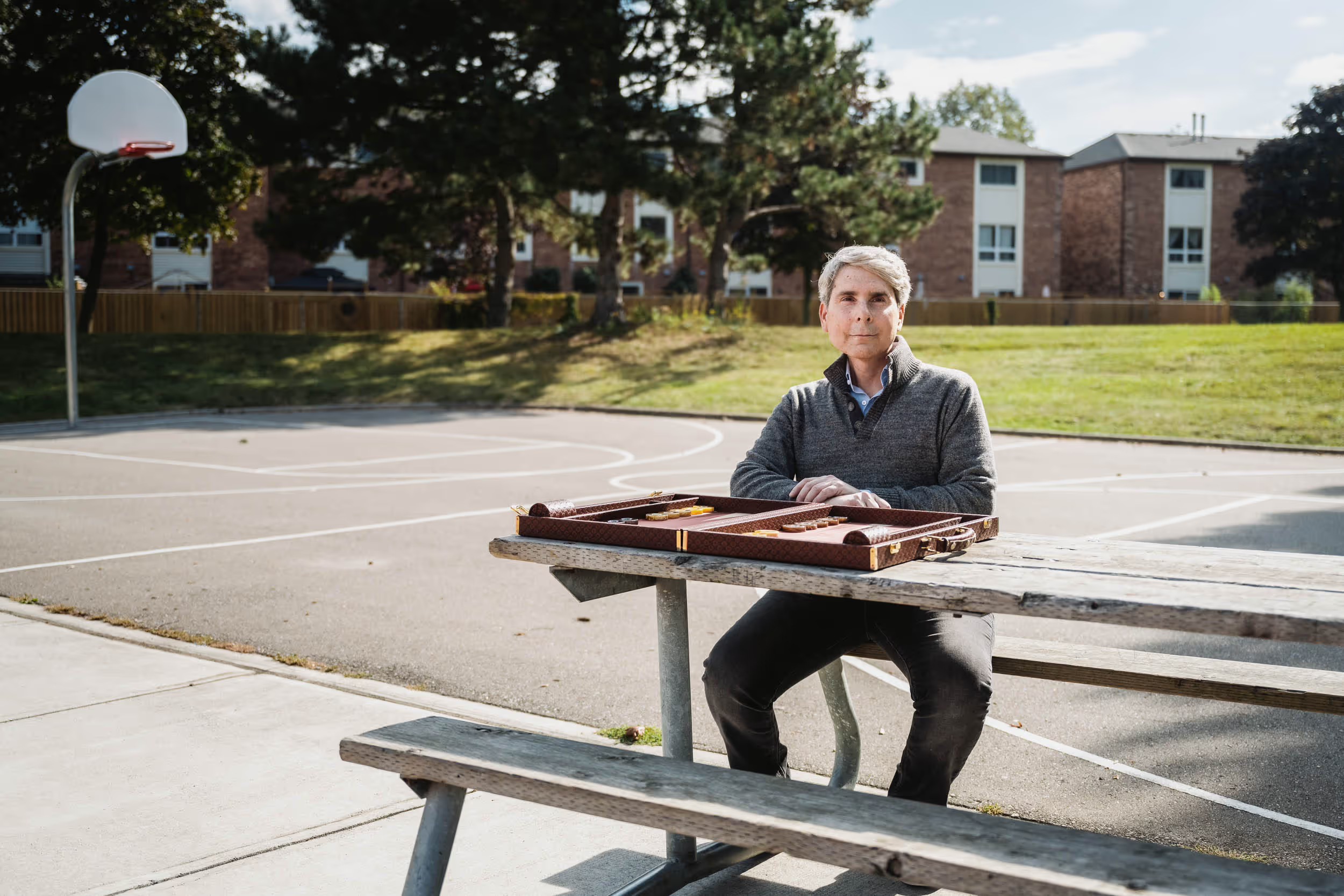
During the pandemic — while I was still deep in my emotional shell of self-protection — I started playing a lot of online backgammon. I remember one game in particular. I was at the end of a seven-point match, and I had gotten myself into a very bad position. I figured my chances of winning the match were less than one percent and my finger was hovering over the resign button. Why continue playing the game if you know you can’t win?
But I didn’t forfeit. I kept playing and, somehow, I managed to eke out a victory. Looking at the computer analysis afterwards, at the point when it seemed all was lost, I actually had a 2.3% chance of winning. But, of course, if I had clicked that resign button, I would have had a 0% chance.
That backgammon experience and my decision to not give up, even under the weight of what appeared to be insurmountable odds, led me to approach life in a new and refreshing way. My love of backgammon and what the game now represented became my new driving force in my fight against this notoriously deadly cancer.
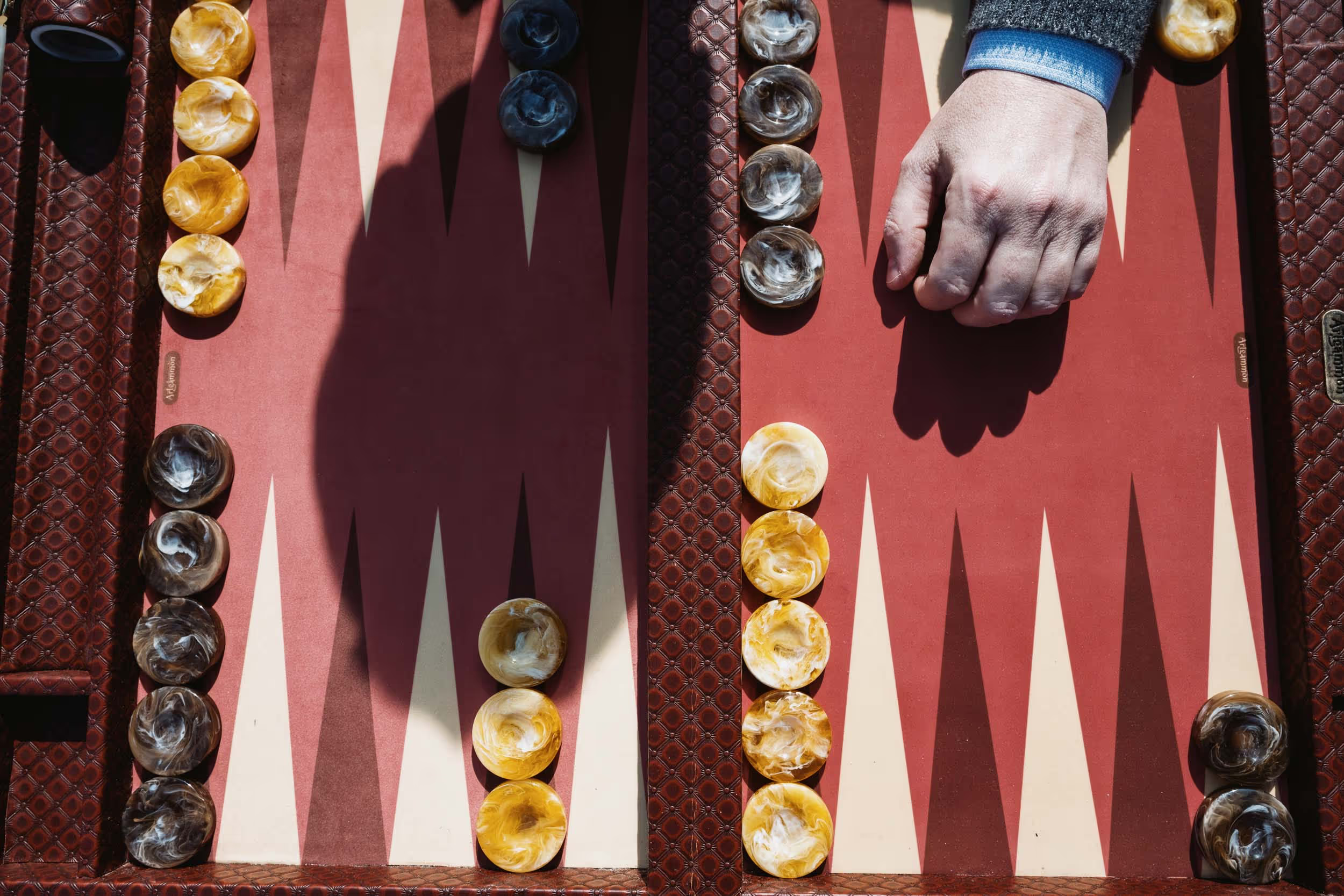
My chances might be low, but they’re not zero until I give up. That realization resulted in me feeling comfortable engaging deeply with professional emotional support. It allowed me to open up and become more transparent, honest, and vulnerable with those I loved. This new outlook provided a clear lens for me to pen my book On the Other Side of Terminal, which was written to help other patients and their families. It led to me still being here today with my family, long after the statistics said I should be gone.
This summer, I flew to Monte Carlo, Monaco, to compete in the 54th World Backgammon Championship. Seven years after my ‘five years at most,’ Cynthia and I were travelling the world, experiencing new things, building new memories. I didn’t win, but in a way, I did. In backgammon, as in life, I feel I’m winning just by being able to continue playing the game.”
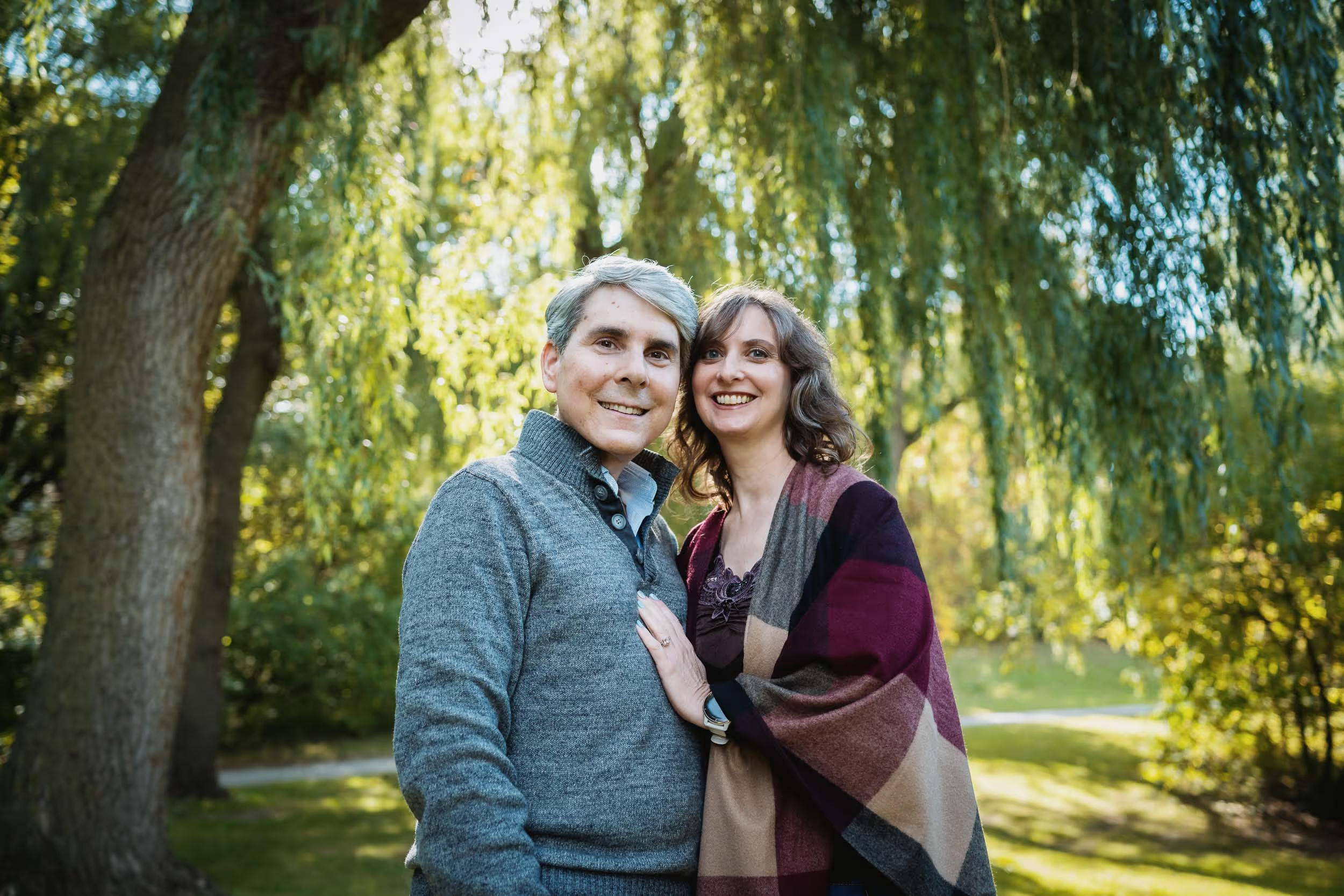
Allen Chankowsky will be speaking about precision medicine at Health eMatters in Toronto on Friday, October 27th. To learn more about Health eMatters click here.

